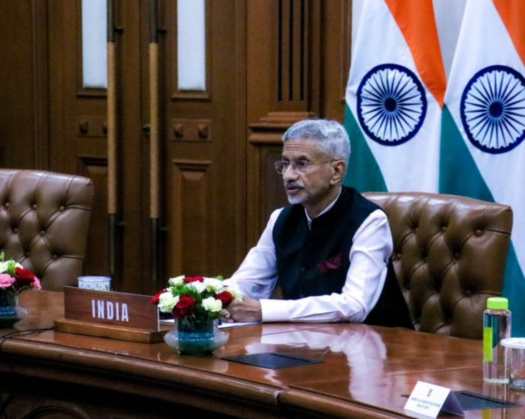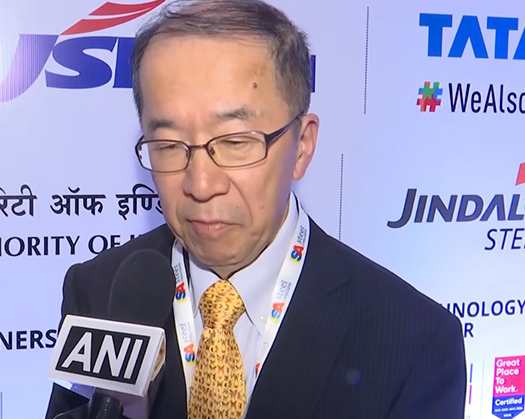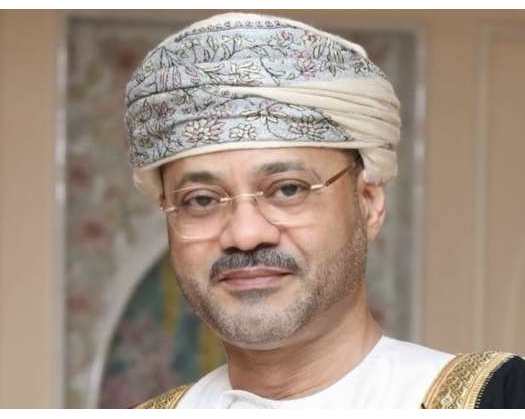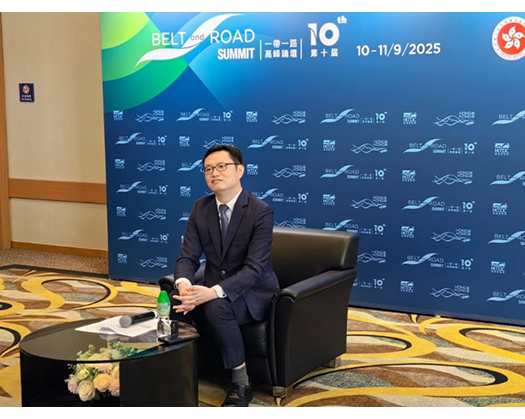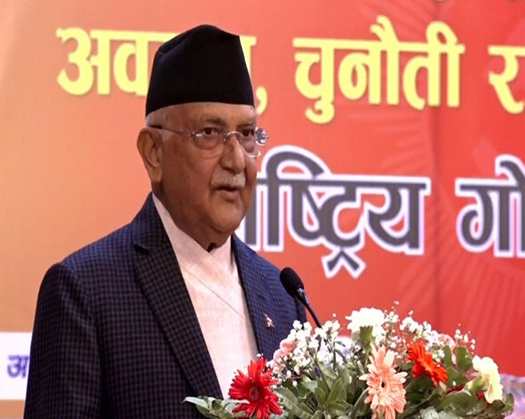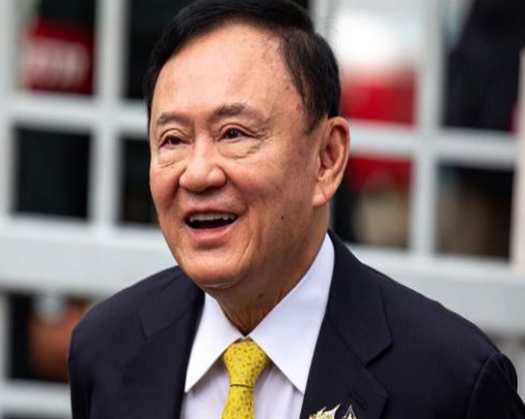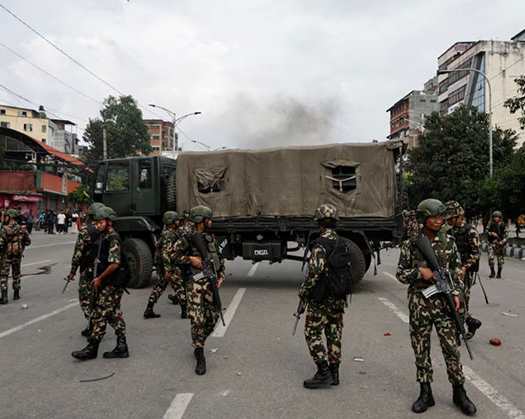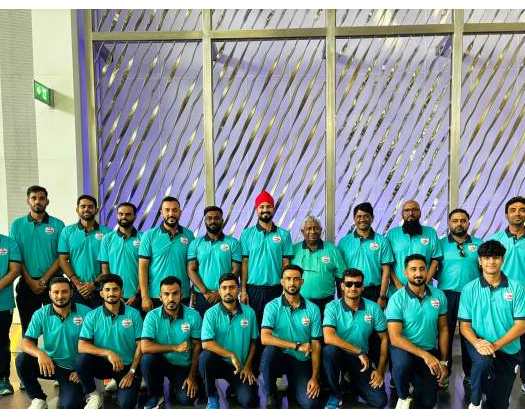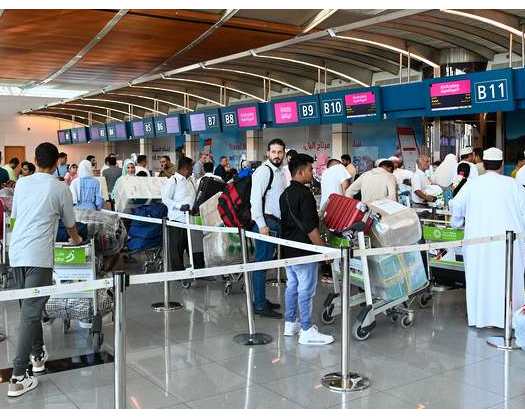New Delhi: External Affairs Minister S. Jaishankar, who represented Prime Minister Narendra Modi at the virtual BRICS Leaders' Summit on Monday, expressed worries regarding the global instability stemming from conflicts, economic fluctuations, climate emergencies, and a decelerating Sustainable Development Goals (SDG) agenda.
"The current state of the world is genuinely alarming. Recent years have shown the severe consequences of the Covid pandemic, significant conflicts in Ukraine and the Middle East, instability in trade and investment patterns, extreme climate occurrences, and a noticeable slowdown in the SDG Agenda. In light of these issues, the multilateral system seems to be failing to meet the world's needs," Jaishankar stated.
He pointed out that while BRICS nations embody a wide range of societies, they are all impacted by these changes.
"At present, the emphasis is on stabilizing the global economy and the international order. However, it is equally important to address ongoing conflicts, particularly because they have direct implications for development and supply chains," he remarked.
Advocating for resilience in the global economy, the minister emphasized the necessity for shorter and more dependable supply chains. "In the face of multiple disruptions, our goal should be to make them resilient against such shocks. This entails developing supply chains that are more robust, reliable, redundant, and shorter. Additionally, it is crucial to democratize manufacturing and production and promote their expansion across various regions," he concluded.
In discussions about trade, Jaishankar highlighted the importance of constructive and cooperative strategies. He stated, "Raising barriers and complicating transactions will not be beneficial. Linking trade measures to non-trade issues will also not help. The BRICS can lead by example by reassessing trade flows among its member nations. Regarding India, we face significant deficits with BRICS partners, and we have been advocating for prompt solutions."
He reaffirmed India's commitment to a rules-based international trading framework. "The international trading system is founded on principles that are open, fair, transparent, non-discriminatory, inclusive, equitable, and based on rules, with Special and Differential Treatment for developing nations. India firmly believes that this framework must be safeguarded and cultivated," he remarked.
Addressing ongoing conflicts, Jaishankar cautioned about their global repercussions. "The Global South has seen a decline in its food, energy, and fertilizer security. When shipping is targeted, it affects not only trade but also livelihoods. Selective protection cannot serve as a global solution. A swift conclusion to hostilities and engaging in diplomacy to achieve a lasting resolution is the clear path forward," he asserted.
Jaishankar also advocated for reforms in international institutions, including the UN Security Council. "On critical matters, we have regrettably witnessed gridlocks that have hindered the pursuit of common ground. These experiences have only intensified the urgency for reformed multilateralism in general, and specifically for the United Nations and its Security Council," he observed, adding that BRICS has adopted a "positive perspective" on the necessity for change.
He also emphasized the need for a revitalized global emphasis on climate action and justice. "Unfortunately, both climate action and climate justice are presently losing their place in global priorities. We require innovative ideas and initiatives as well. I applaud the International Solar Alliance, the Coalition for Disaster Resilient Infrastructure, and the Global Bio-fuels Alliance for your attention," he stated.
In closing his remarks, Jaishankar expressed gratitude to Brazil's President Luiz Inacio Lula da Silva for organizing the summit and allowing the opportunity to share India's perspectives and positions.

